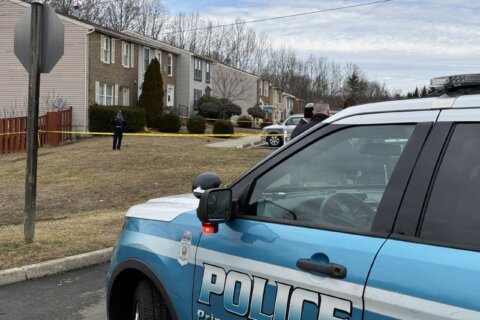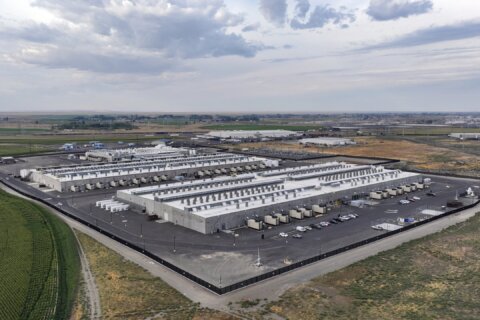This article was republished with permission from WTOP’s news partner InsideNoVa.com. Sign up for InsideNoVa.com’s free email subscription today.
This article was written by WTOP’s news partner, InsideNoVa.com, and republished with permission. Sign up for InsideNoVa.com’s free email subscription today.
A jury is set to determine if Quantico’s former police chief was illegally fired for enforcing state-mandated COVID-19 safety measures.
Former Police Chief Mark McCoy is suing the town seeking $100,000 and alleging wrongful termination for his April 2020 firing.
McCoy’s lawsuit was filed Jan. 15, 2021, in Prince William County Circuit Court. This March, the case was set for a jury trial from Oct. 3 to Oct. 5.
The filing centers on the operation of barbershops at the start of the COVID-19 pandemic in March 2020 and the town’s response to orders for the businesses to close.
Then-Gov. Ralph Northam’s first executive order causing sweeping shutdowns was issued March 12, 2020. A follow-up order, issued March 23, 2020, provided further guidance and closed a majority of businesses, including barbershops.
Violation of the order was a class-one misdemeanor, which carries up to a year in jail and up to a $2,500 fine.
McCoy says that, as police chief, he “has a duty to uphold and enforce the law, including but not limited to the … Executive Order.”
McCoy says that the town’s police department received a complaint on March 31, 2020, that “several barbershops” in town were operation in violation of the order. McCoy said he instructed an officer named Arjun Datta to provide a copy of the executive order to all the businesses.
The town disputes that a complaint was made to the police department and that Datta was told to distribute copies of the executive order.
McCoy alleges that Mayor Kevin Brown contacted the officer to say Brown had “an arrangement” with the town attorney that would allow the barbershops to remain open. McCoy says Brown had “no authority” to enter into what he called an “illegal arrangement.”
Enforcing the agreement, McCoy argues, would have been “aiding and abetting in the commission of a crime.”
The town denies the existence of any such agreement. Instead, Quantico says that as of March 31, 2020, its interpretation of the executive order to allow barbershops to remain open “as long as they limited patrons to 10 persons at a time and complied with social distancing guidelines.” The town argues that it understood that barbers were allowed to have direct contact with customers while performing services.







